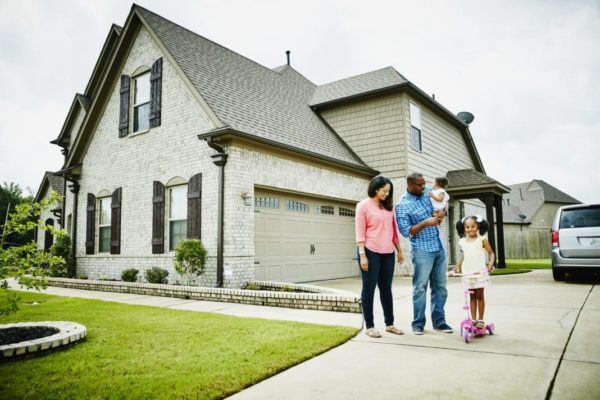A study published earlier this month found that Black Americans pay significantly more to be homeowners and aren’t able to save as much money for retirement as a result.
The study, written by authors affiliated with the Law Office of Michelle Aronowitz, the MIT Golub Center for Finance and Policy, and the Urban Institute, found that racial disparities relating to the cost of owning a home make it “impossible for black households
to build housing wealth at the same rate as white households.”

According to the study, Black homeowners pay $743 more a year in mortgage interest payments, $550 more a year in mortgage insurance premiums, and $390 more per year in property taxes.
That cost amounts to $13,464 over the life of the loan, which is equivalent to a $67,320 loss in retirement savings when investment returns over a period of 30 years are accounted for.
“If we eliminate these extra costs paid by African Americans, the $130,000 black-white gap in liquid savings at retirement would drop by half,” the paper said. The authors also stated that they had likely underestimated the disproportionate financial burden faced by Black homeowners because they did not account for costs associated with delinquencies and defaults, which are linked to higher tax and interest payments.
The authors said that the disparities in home ownership costs also exacerbate the black-wealth income gap, which currently stands at $25,800 annually.
The authors note that past discriminatory practices have resulted in Black buyers typically having less savings available to put toward a down payment. Homeownership has long-since been regarded as a powerful wealth-building tool.
According to the paper, a lack of opportunity to refinance a home contributes partially to higher interest rates for Black homeowners. In addition, because mortgage payment rates are based on perceived risk factors like credit score and loan size, Black buyers are likely to end up paying higher rates.
The authors conclude that a policy response should eliminate the cost differential between Black and white homeowners, and assert that federal, state, and local policies should be reformed to create a more equitable system.


